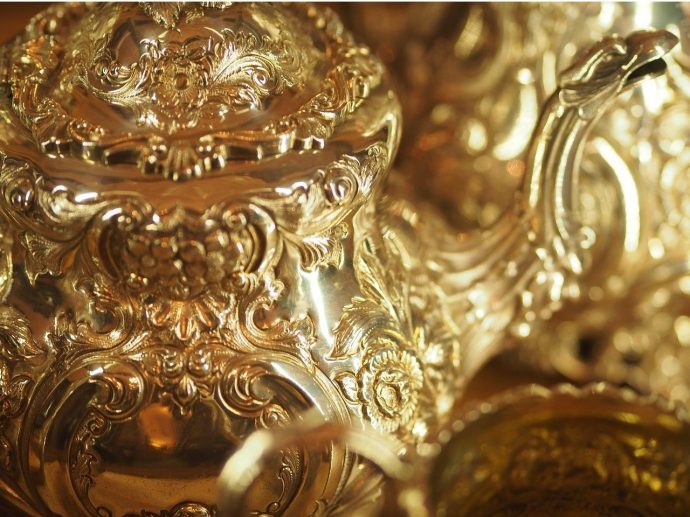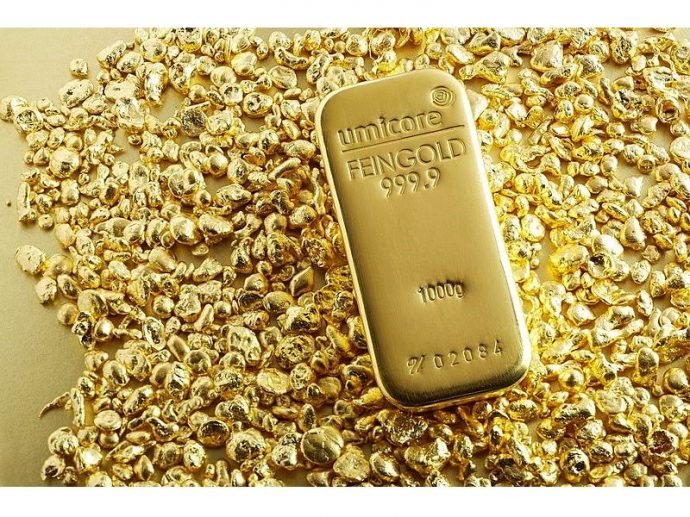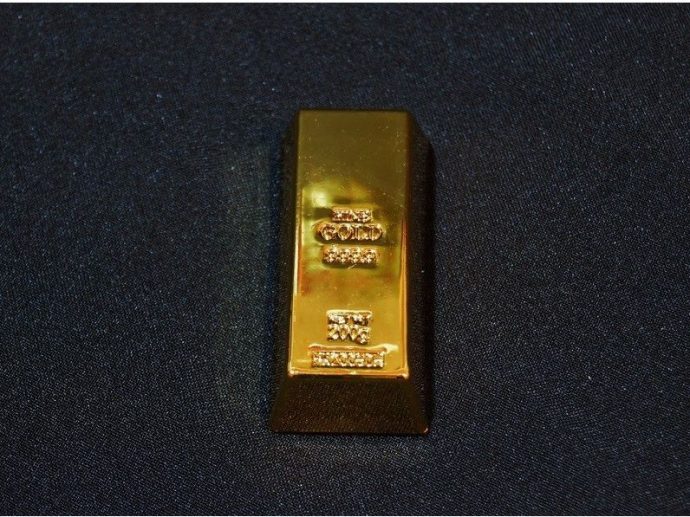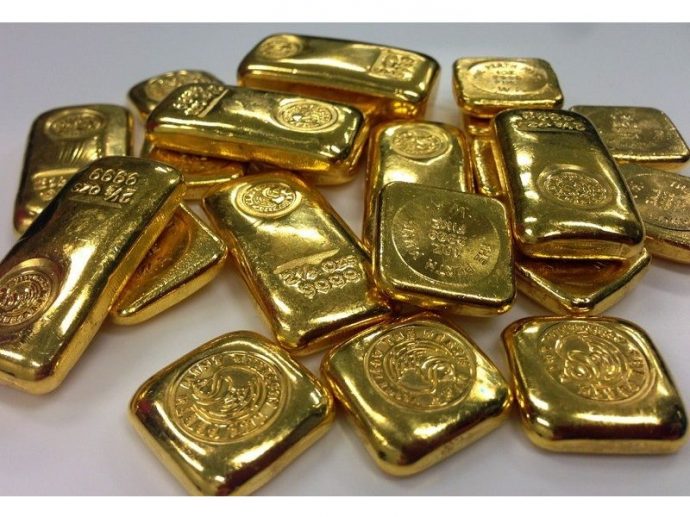Categories more
- Adventures (17)
- Arts / Collectables (15)
- Automotive (37)
- Aviation (11)
- Bath, Body, & Health (77)
- Children (6)
- Cigars / Spirits (32)
- Cuisine (16)
- Design/Architecture (22)
- Electronics (13)
- Entertainment (4)
- Event Planning (5)
- Fashion (46)
- Finance (9)
- Gifts / Misc (6)
- Home Decor (45)
- Jewelry (41)
- Pets (3)
- Philanthropy (1)
- Real Estate (16)
- Services (23)
- Sports / Golf (14)
- Vacation / Travel (60)
- Watches / Pens (15)
- Wines / Vines (24)
- Yachting / Boating (17)
Questions you Should Ask Before Investing in Precious Metals
Published
03/31/2022If you have decided to invest in precious metals, we commend you for being a savvy investor. However, coming to a decision is not all that you need if you are to make a profit. You need to know some basic information before you begin to invest.
Therefore, in this article, we will share with your certain questions you should ask before you invest in precious metals. The answers we will provide to each question will arm you with sufficient information to ensure that you get the most out of your investment.
Should you invest in Paper, Physical, or Digital?
Most times, when people talk about precious metal investment, they think that it only has to do with investing in the physical item. However, this is not true. You can invest in paper, physical as well as digital forms of these commodities. Visit https://en.wikipedia.org/ to learn more about digital gold currency.
The paper form includes future contracts and gold certificates. For this kind of investment, you do not need to get the physical metal. Also, you do not have the ownership right, and neither can you exchange the contracts or certificates for the physical precious metal. If there is any issuer default, you will become an unsecured creditor.
The fact that you do not have the ownership and cannot exchange the certificates or contracts for the physical commodity are the reasons this form of precious metal investment is not popular. On the other hand, physical and digital options provide you with all that the paper option does not.
Hence, if you choose the physical or digital form, you have ownership rights. Therefore, we recommend that you choose these options instead of paper.
Are you going for Unallocated or Allocated Precious Metals?
Let us quickly explain what we mean by unallocated or allocated precious metals. Let us start with allocated metals.
Allocated metals are usually the safest investment type since the commodities are segregated, unfettered, and offer ownership title to the holder. In this case, you cannot transfer or lease these metals to a third party.
Unallocated metals, on the other hand, do not offer ownership title to the holder and have some counterparty risks. In this case, vehicles of gold investment can give you claims that exceed the metal’s total amount. When there is a bankruptcy or insolvency on the part of the issuer, you can become an unsecured creditor.
Therefore, you should only invest in allocated commodities instead of unallocated ones. This will ensure that you have ownership rights, and you are protected.
What is the Mark-Up?
When you buy any of these commodities in bar or coin form, there is usually a mark-up of about 2 percent to 8 percent over the current controlling spot prices. This mark-up is usually dependent on different variables which include purity, volume, dealer inventories, and rarity.
ETFs (Exchange-traded funds) are in most cases bought and traded at a price that is almost the same as the metal’s spot price. Click here to learn more about ETFs. However, they charge a fee for annual management to cover the following costs: Shareholder reporting, trustee oversight, insurance, storage, and trading. The annual management fee also allows the manager to get their profit.
A similar kind of investment is closed-end funds. The difference, however, is that you are more likely to get a significant discount compared to the metal’s spot price. There is only an exception when you are offered a choice to redeem the shares for the physical commodity.
When you are buying physical precious metal (coins and bars) from any dealer, ensure that you have compared the mark-up to that of other investors before deciding. If you want to keep the metal in your possession for a short period, do a comparison of the overall mark-down and mark-up costs to the estimated annual management fees that you will pay for having ownership of a closed-end fund or ETF.
Where will the Precious Metals be Stored?
One of the major reasons why people keep these precious commodities is to create a hedge against financial risks. Hence, you should not store these metals using an unsafe counterparty. Instead, look for reliable storage providers that give insured storage.
Furthermore, you should not store your metals with the affiliates or divisions of a levered financial institution. This will ensure that your items are well-protected.
Can you Physically Collect your Precious Metals?
If you are interested in taking the physical delivery of your commodities, the best way to invest is in bars and coins. However, you need to take note of certain trade-offs which include mark-ups, storage place, etc.
When we talk about collecting your physical metal, most reliable bullion ETFs prevent investors from collecting their metals. The only persons that are exempted and are provided with the option of collecting your metal are Authorized Participants. On the other hand, certain closed-end funds allow investors the opportunity to collect the metal.
Hence, when you are investing in precious metals, you need to consider whether you want to collect your physical precious metal or not depending on your preference.
What are the Attendant Costs?
Investing in precious metals involves several attendant costs when you physically store these items. Some of the attendant fees include storage and insurance.
Closed-end funds and ETFs usually charge their clients an annual management fee that covers a lot of services and provides the company the profit for managing your commodities. Hence, you should ensure that you choose a reliable management company. You can take a look at the Cochrane Handbook, a resource that will provide you with more information on how to determine and select a reliable precious metal management company.
Therefore, when you are about to invest in these commodities, ensure that you find out all about attendant costs and possibly compare them to that of other management companies.
Conclusion
Investing in precious metals is a wise move; however, there are important questions you must ask before you join the fray. Hence, in the article above, we have discussed some of these questions and provided answers which will arm you with sufficient information to invest wisely in precious metals.


















